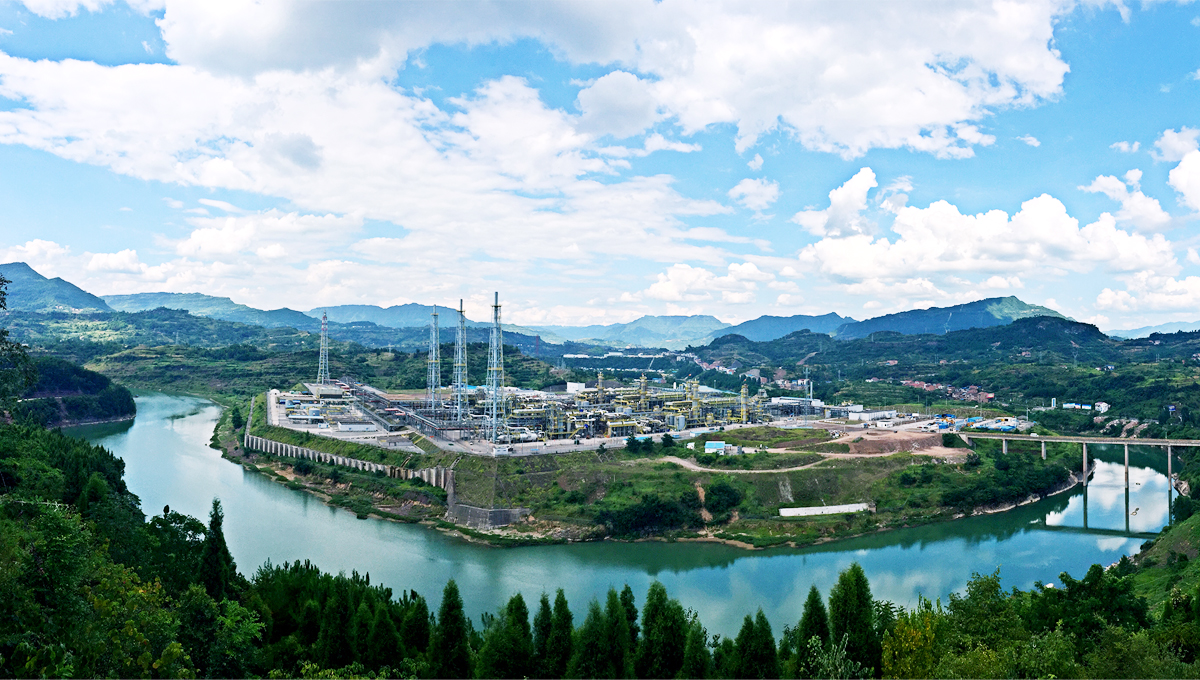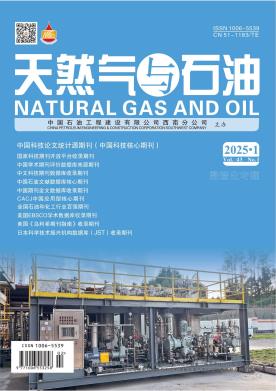价格规制对天然气需求弹性的影响——以北京地区为例
The Impact Oof Price Regulation on Price and Income Elasticities of Natural Gas Demand: A Case Study of Beijing
浏览(1709) 下载(4)
- 引用格式:
-
董康银,孙仁金.价格规制对天然气需求弹性的影响——以北京地区为例[J].天然气与石油,2018,36(1):0.doi:
Dong Kangyin, Sun Renjin.The Impact Oof Price Regulation on Price and Income Elasticities of Natural Gas Demand: A Case Study of Beijing[J].Natural Gas and Oil,2018,36(1):0.doi:
- DOI:
- 作者:
- 董康银1 孙仁金1,2
Dong Kangyin1, Sun Renjin1,2
- 作者单位:
- 1. 中国石油大学(北京)工商管理学院, 2. 中国石油大学(北京)重质油国家重点实验室
1. School of Business Administration, China University of Petroleum-Beijing,2. State Key Laboratory of Heavy Oil Processing, China University of Petroleum-Beijing
- 关键词:
- 天然气;需求弹性;价格规制;评价模型;北京地区
Natural gas; Demand elasticity; Price regulation; Assessment model; Beijing
- 摘要:
-
中国天然气销售价格长期受政府价格管制,因此理顺天然气需求、价格和价格管制之间关系,对优化天然气消费结构、推动天然气市场化改革至关重要。鉴于此,引入价格规制影响因素,采用动态对数线性需求模型构建天然气需求弹性模型。以北京地区1999-2014年的天然气消费数据为样本,估算价格规制对天然气需求弹性的影响,同时测算北京地区天然气不同用户的需求弹性并对其差异性进行分析。分析认为:1)通过实际案例的应用,表明采用模型评估天然气需求弹性得到的评价结果真实可靠;2)北京地区天然气总体需求价格弹性为正,呈刚性需求,GDP增长可拉动北京地区天然气消费,但缺乏弹性;3)不同用户的天然气市场,需求价格弹性、需求GDP弹性都存在较大差异性,居民和商业用户需求价格弹性为正,对天然气呈现出刚性需求,工业和交通运输用户需求价格弹性为负,但绝对值均小于1,缺乏价格弹性;居民和商业用户缺乏天然气需求GDP弹性,而工业和交通运输用户富于弹性,此外,无论是需求价格弹性还是需求GDP弹性,长期需求弹性绝对值都大于短期需求弹性绝对值;4)价格规制对天然气需求具有拉动作用,但抑制了不同用户天然气需求GDP弹性,此外,价格规制使居民和商业用户对天然气的刚性需求表现更明显,且削弱了工业和交通运输用户的需求价格弹性;5)自2013年起,由于中国开始逐步上调非居民用气价格,非居民天然气需求价格弹性有所增加。基于此,提出了促进北京地区天然气消费增长的相应对策和建议。
The price of natural gas in China is still regulated by the government. To optimize the energy consumption structure and promote the market-oriented reform for natural gas industry, investigating the relationship among natural gas demand, price and price regulation in China is crucial. For this purpose, a demand elasticity assessment model for natural gas is built based on dynamic log-linear demand model in this study. Moreover, considering the impact of price regulation, we calculate the aggregate and sectoral price and income elasticities of natural gas demand in Beijing over the period of 1999-2014. Results can be summarized as follows. First, the empirical resultsshowthat the demand elasticity assessment model in this study is suitable. Second, the price elasticity of natural gas demand in Beijing is positive; and it is lack of GDP elasticity, although the continued growth of GDP is a force driving demand for natural gas in Beijing. Third,significantdifferences exist in the price elasticity and GDP elasticity for different end-use sectors. In general, the price elasticities of residential and commercial demand of natural gas in Beijing are positive; that of industry and transport sectors are negative and lack of price elasticity. Furthermore, the GDP elasticities of residential and commercial demand aregreaterthan that of industry and transport sectors. In addition, the absolute value of long-term price and income elasticity is greater than that of short-term price elasticity. Fourthly, the price regulation could promote the demand for natural gas, however, it will reduce income elasticities of natural gas demand for all gas end-users. Finally, as the government increases non-resident gas price gradually, the price elasticity of non-resident gas demand in Beijing significantly rose since 2013.



